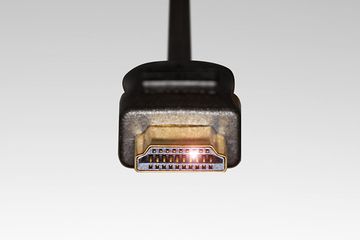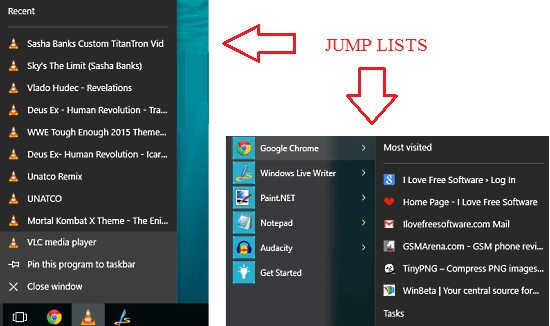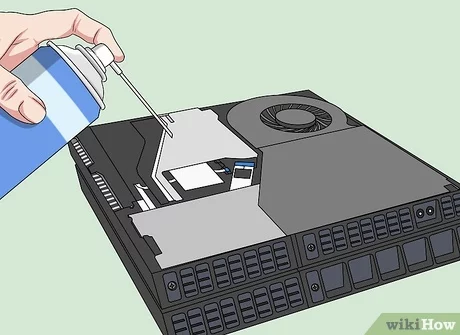HDCP and Potential Compatibility Issues

HDCP (High-bandwidth Digital Content Protection) is a technology used to prevent unauthorized access to protected digital content. It is used mainly in HDMI and DisplayPort connections to prevent copying of content, thereby protecting the rights of content providers. HDCP is implemented using a combination of hardware and software encryption techniques, which means that both the source and display devices must support HDCP for the technology to work.
HDCP is a crucial technology in protecting high-quality digital content, but it can also pose compatibility issues for certain devices. The most common issue that users encounter is the inability to play protected content on a display that is not HDCP-compliant. For example, devices such as older televisions or computer monitors may not support HDCP, and as a result, users are unable to play certain content on those displays.
Another compatibility issue that may arise is when an HDMI or DisplayPort connection between two HDCP-compliant devices fails to establish the proper handshake necessary to authenticate the connection. This issue could be due to a faulty cable, an outdated driver, or other configuration issues, which will result in the video being displayed improperly or not at all.
HDCP can also present potential compatibility issues when using multiple displays that may have different resolutions or refresh rates. For example, if a user has two displays with different resolutions or refresh rates, the display that cannot support the higher resolution or refresh rate of the protected content will not be able to display it.
There are a few ways to address the compatibility issues that arise when using HDCP. The first is to ensure that all devices in the playback chain are HDCP compliant. This means that all devices, including the source device, the cable, and the display, all support HDCP to ensure a successful connection.
Another option is to use HDCP bypass devices such as HDMI splitters or DisplayPort adapters, which can help to bypass the HDCP protection and allow certain content to be displayed on non-HDCP compliant displays. However, it is important to note that using HDCP bypass devices may be illegal and can result in legal issues.
In conclusion, HDCP is a critical technology in protecting digital content, but it can also present potential compatibility issues for users. To avoid these issues, it is essential to ensure that all devices in the playback chain are HDCP-compliant or to use HDCP bypass devices with caution. By taking the necessary precautions and addressing any potential compatibility issues, users can ensure a smooth and successful playback experience.






